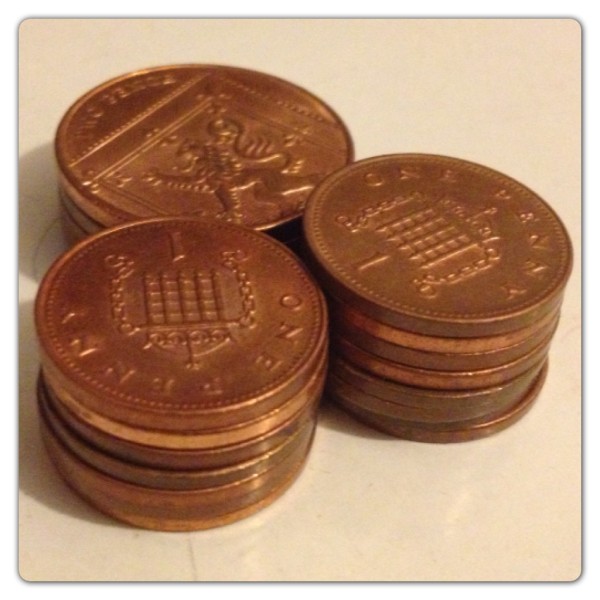The True Price of Life’s Little Luxuries
If you have little ones, you don’t need anyone else to tell you how expensive life can get. But it’s often said that the best things in life are free – and you’ll also be aware of exactly how true that sentiment is when you see your children playing happily whatever circumstance seems to throw at them.
We all have to balance the books – and it’s not always easy in today’s tough economic climate. Often, if you’re dealing with large amounts of money and perhaps struggling with large debts, it’s sometimes difficult to see how saving relatively small amounts of money can make any kind of difference whatsoever.
It is exactly this sort of thinking that gets people into difficulty in the first place. Let’s take coffee as one small example. After all, over the last decade or more, the number of trendy coffee shops on the high street seems to have quadrupled. And it’s not surprising – their coffee is excellent compared to what we used to get. But let’s be honest, it’s not all about taste. It’s also a lot to do with its trendy status. A big coffee cup is the accessory no self-respecting young professional or young Mum can be seen without these days.
Let’s say, hypothetically, you bought two large cappuccinos or latte per day; this would amount to £150-£160 a month. And when you subtract the average person’s likely spend on Council Tax, rent or mortgage, food, clothes, utilities etcetera, this then becomes a staggering percentage of true disposable income.

As an illustration, let’s presume someone gave up coffee for good – and invested that money, making 5% a year in dividends from shares, for example. After five years, the investment would be worth around £10,000 – even if the shares were at the same price. Take that forward for another five and now we’re really talking at around £21k and after 15 years, you’ve managed to amass over £33,000, simply by refusing to buy into the trendy brand mentality in one small area of day-to-day living, even in the unlikely event that the shares had never improved at all.
In other words, prudence with the little things in life can pay off handsomely in the long run if you save and invest for your future and for the futures of your children. Unfortunately, when you’re in a lot of debt, the exact opposite scenario is true – which is why people find their debts spiralling out of control.
This isn’t to say we shouldn’t do the little things that make life fun, particularly for our children; merely that the little things can make a big difference over time and are worth keeping an eye on.
